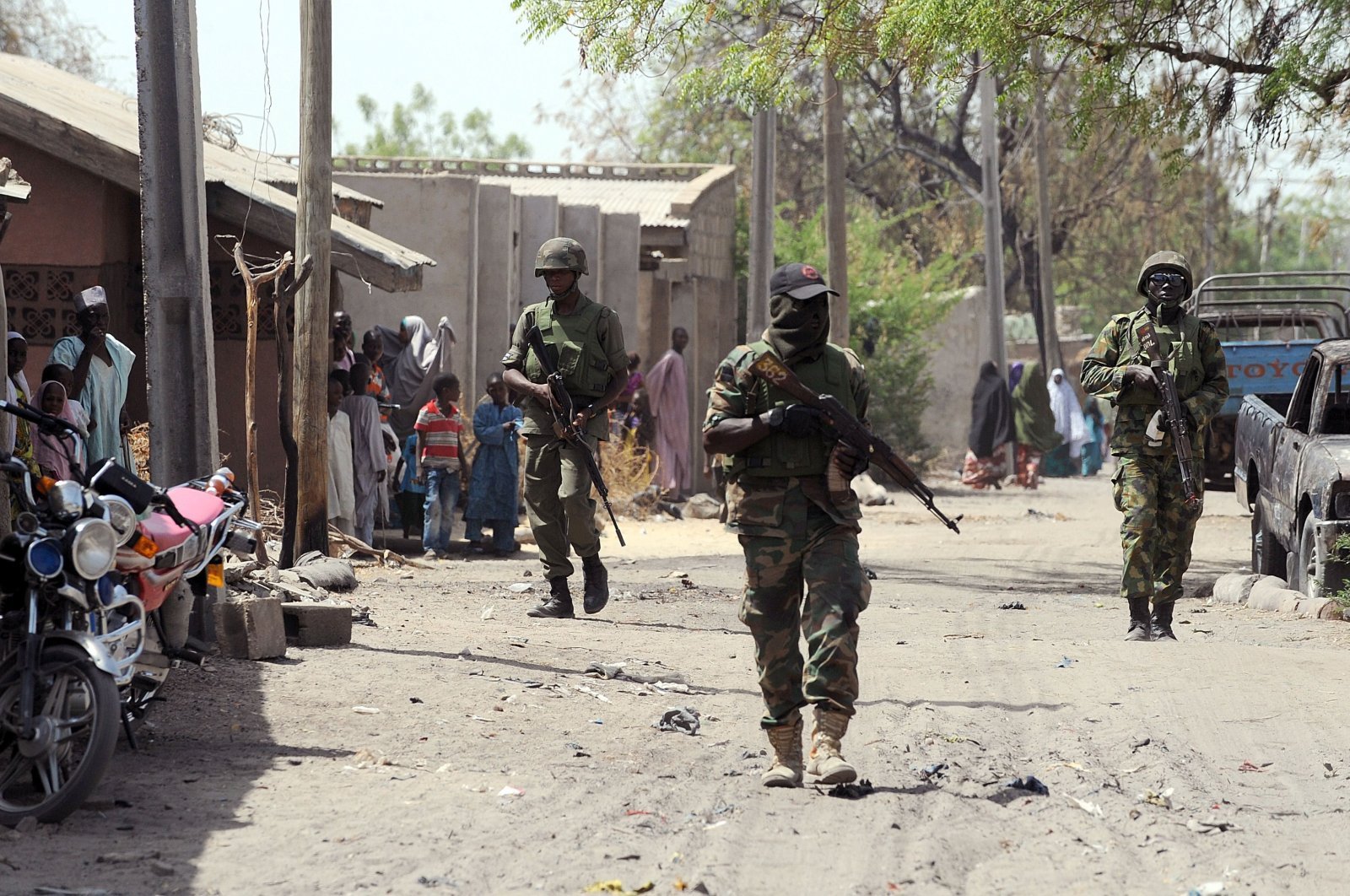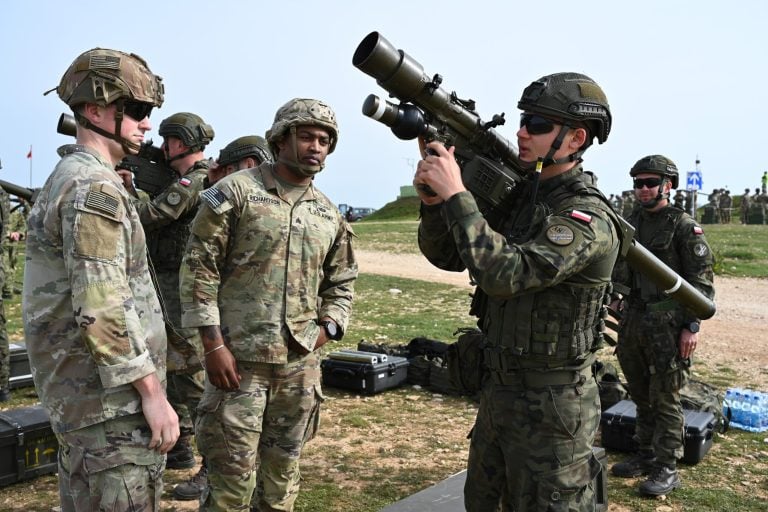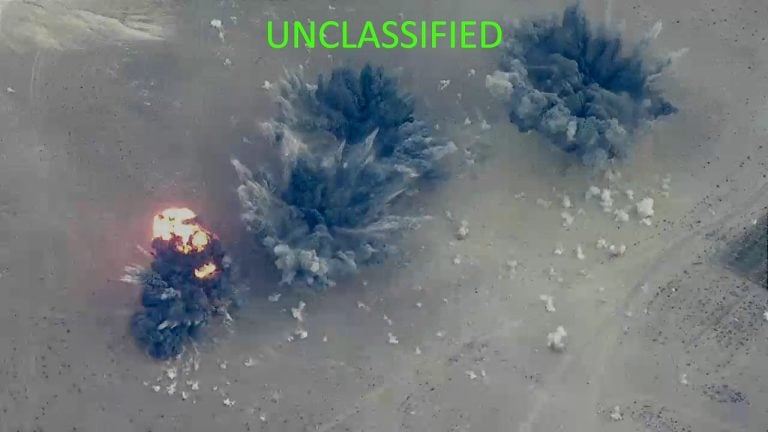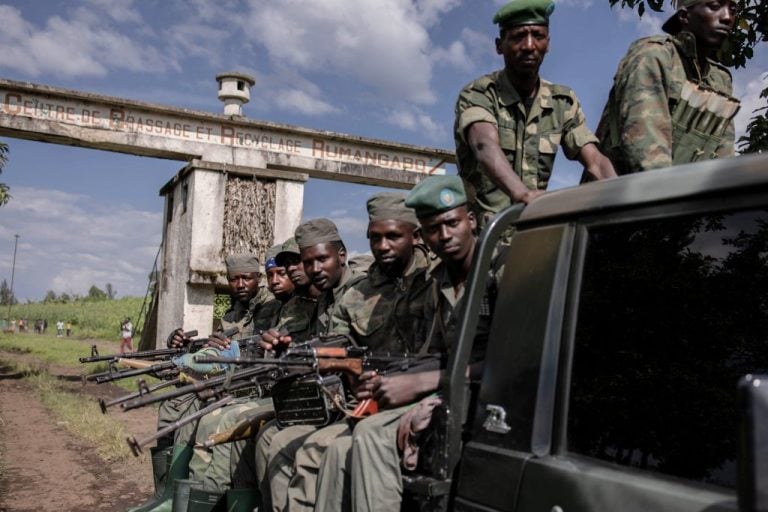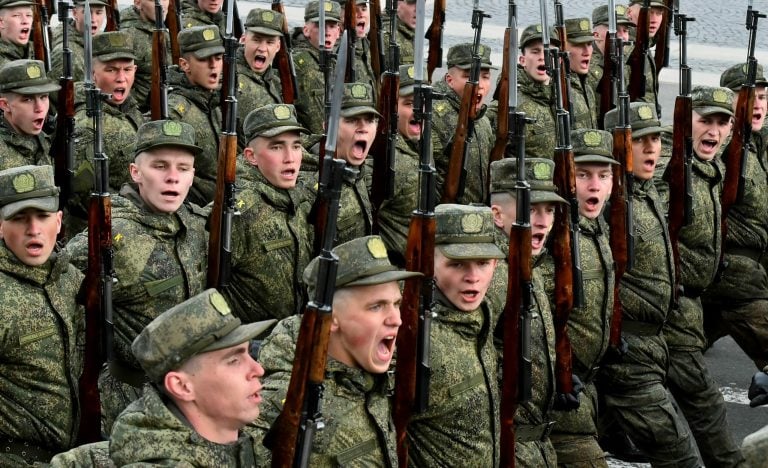An explosion occurred near a military barracks in Abuja, Nigeria, drawing attention from local authorities and security forces. The Nigerian Army confirmed the incident through a post on social media platform X, noting, “Explosion At Bus Stop Opposite Mogadishu Cantonment Abuja. Situation Under Control. Details Later.”
An intelligence source informed AFP that the explosion was linked to an individual who possessed the explosive, resulting in their death. One person sustained serious injuries and was transported to Abuja’s Defense Medical Hospital for treatment. Eyewitness images revealed the bloodied body of a man dressed in a green-and-white shirt and black trousers at the scene of the blast.
According to police spokeswoman Josephine Adeh, the incident took place around 2:50 PM local time. In response, explosive ordnance disposal unit officers were promptly dispatched to the location. Adeh stated, “The affected area was swiftly cordoned off for analysis to ensure the safety of commuters and residents.” She mentioned that a male victim was rescued from the site and taken to the hospital, but did not provide additional details on their condition.
A comprehensive investigation is underway, including detailed forensic analysis, to determine the exact cause and nature of the explosion. The military barracks is located approximately five kilometers from the presidential villa, highlighting its sensitive proximity to government entities.
Historically, Abuja has experienced violence related to extremist groups such as Boko Haram. Notable past incidents include a suicide bombing in August 2011 targeting a UN building, which killed 18 individuals, and a Christmas Day explosion that year at St. Theresa Catholic Church, resulting in the deaths of 35 worshippers and injuring more than 50 others. Other significant attacks include two deadly bomb explosions in April 2014 at a crowded bus station in Nyanya, which killed at least 88 people, and another in June of the same year, causing further casualties in a busy shopping area.
In July 2022, the city was also the target of an attack by the Islamic State West Africa Province (ISWAP), who infiltrated Kuje prison with explosives, resulting in the deaths of five individuals and the escape of 879 inmates. While the Nigerian security forces managed to recapture nearly half of those inmates shortly after, the incident underscored the persistent threat of terrorism in the region.
